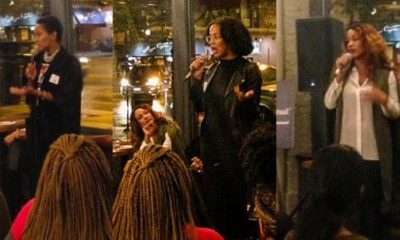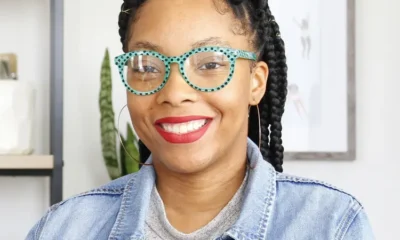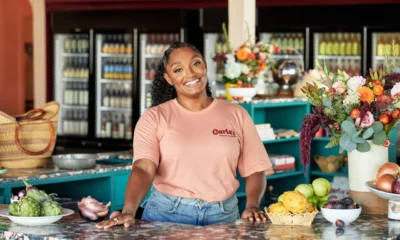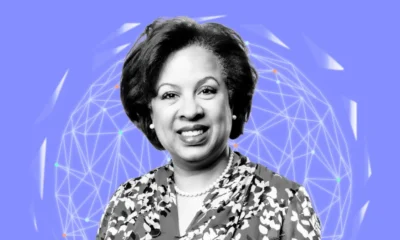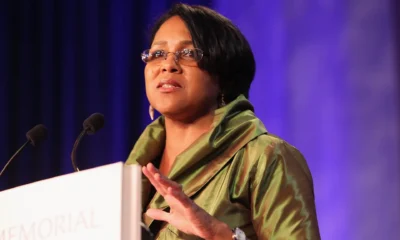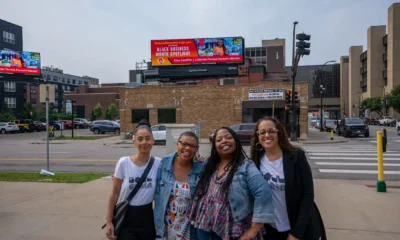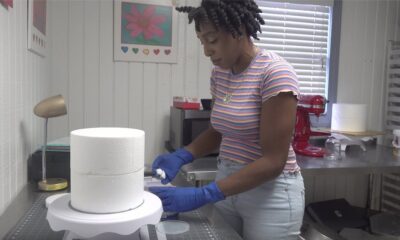Black Women in Business
Entrepreneurship Is the Real Black Girl Magic
Many black women today ascribe their accomplishments to unseen #BlackGirlMagic. The real source of our success is not in fairy dust or super powers. It’s our resilience and ambition directed toward a goal as we compete in an economic system that values risk-taking and perseverance.
So, it’s disempowering when activists like Serena Williams use fake holidays like the Black Women’s Equal Payday to portray black women as the victims of gender and race-driven discrimination. The real villains of our economic success are the policies that redistribute our earnings and the regulations that lock us out of opportunity.
Black women are making impressive strides in the labor market — closing gaps relative to our white female counterparts. Nearly two out of three black women (62.5 percent) participates in the labor force, beating out both white (57.9 percent) and Hispanic women (59.1 percent) per BLS data. They also outperform Hispanic women and black men as a recent Federal Reserve research paper demonstrates.
The recent blockbuster jobs report of 209,000 jobs added in June inspires confidence in the labor market, but there’s work to do for black women. While the national unemployment rate is holding steady at a 16-year low of 4.3 percent, the unemployment rate for black women is at 7.4 percent — almost double the national average, double that of our white female counterparts (3.6 percent), and higher than unemployment for Hispanic females (5.3 percent).
One of the darker spots of the monthly jobs report is underemployment. Some 5.2 million Americans who want full-time, 40-hour-a-week jobs were only working part-time positions. That number is down just a few hundred thousand workers from July 2016. Black women comprised nearly half a million of those underemployed workers and their underemployment rate outpaces that of working white, Hispanic, and Asian women.
The challenge is how to ensure that black women can find full-time and financially fulfilling work.
Entrepreneurship has offered women of color significant avenues to boost their incomes. Instead of waiting for jobs to return during the recession, black women got busy with the resources at their disposal to start generating incomes and it worked.
Growth of female minority-owned businesses is one of the most remarkable trends over the past decade. Between 2007 and 2016, the number of firms owned by women of color increased 126 percent compared to a 45-percent increase among all female-owned firms, and 9 percent among all businesses. Latina-owned businesses led the charge with a 136-percent increase, but growth among black female-owned businesses was 112 percent. As of 2016, black women owned near 2 million firms, employed over 375,000 workers, and generating $51.4 billion in revenues. More black women own a business than black men – comprising 60 percent of black firms.
Black women are hair dressers and own nail salons, but they also own home care companies and web startups. Iman’s makeup, Carole’s Daughter’s hair products, Cathy Hughes’s radio stations, and Janice Bryant Howard’s billion-dollar staffing agency ACT-1 are just a few. We now even have “Queen Boss,” a version of “Shark Tank” for black, female business owners.
If an economic downturn can’t stop this spirit few things can, but one of them is government’s unnecessary intervention that makes it difficult for women to start their own enterprises.
Occupational licenses are permissions granted by state and local boards to work in vocations and engage in commerce such as manicurists and tax preparers.
Businesses black women own tend to be concentrated in areas of personal care services, health care, and social assistance. While they provide stability and career growth, the requirements to enter these fields vary by state and can be high hurdles to overcome. Consider that in Ohio it takes 140 days of education or experience to become a makeup artist, but just 30 days to become an emergency medical technician.
Technology has also made it easier for a black woman to start her own …
Please read original article- Entrepreneurship Is the Real Black Girl Magic




